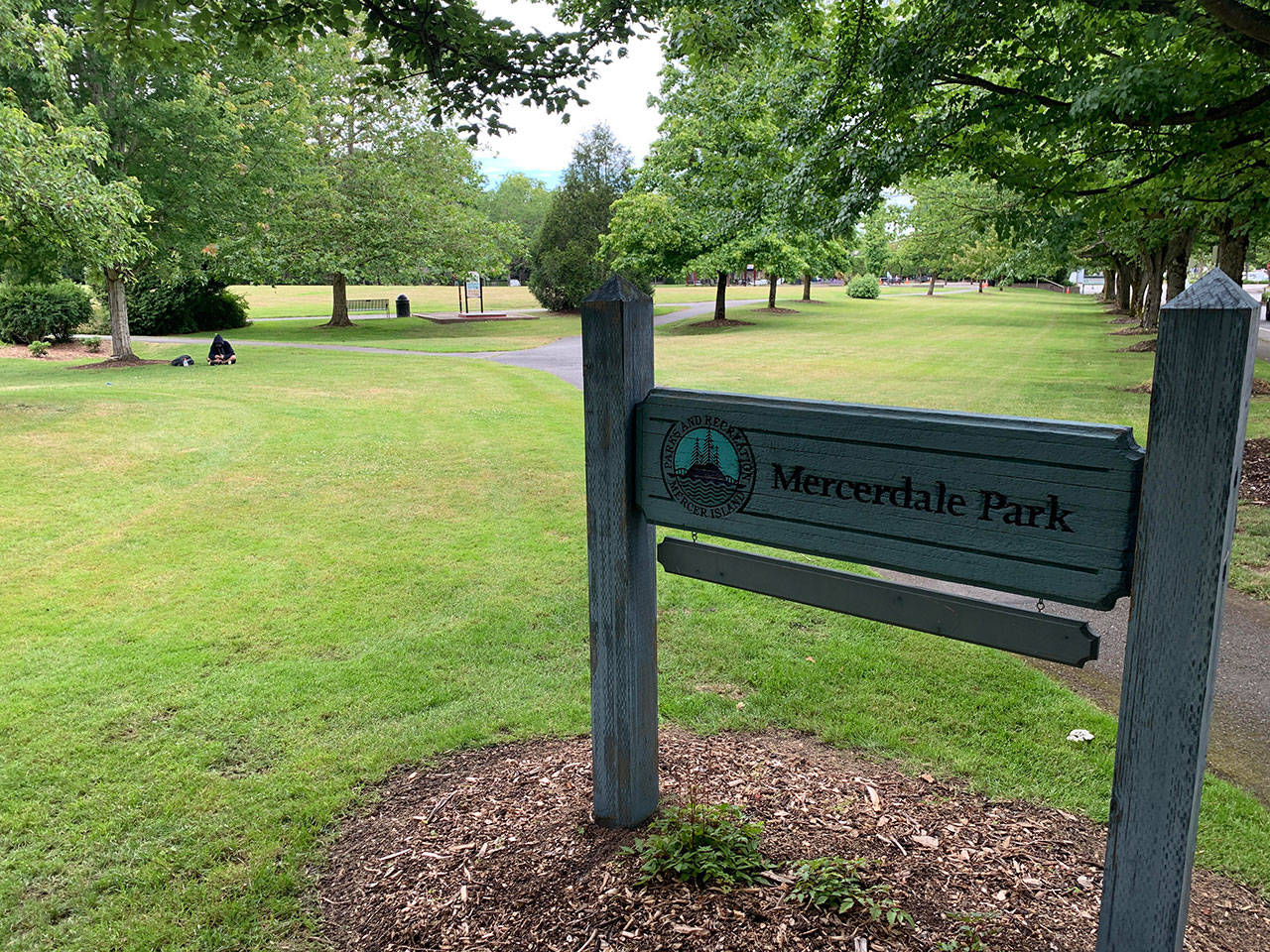The Mercer Island City Council voted unanimously on June 18 to terminate the memorandum of understanding (MOU) at Mercerdale Park and prevent private development.
The MOU had been in effect for the previous three years, despite various attempts by residents to block the potential of development.
Similar to a contract, an MOU is a document that expresses an agreement between two or more parties. The form of settlement does not contain legally enforcement promises, so they are more flexible than contracts.
In 2015, the city council proposed to lease nearly an acre of Mercerdale Park to a private organization for one dollar per year with an initial 50-year term. Mercer Island Center for the Arts, which is funded almost entirely by private donors, had planned to construct a 28,000 square-foot community arts building at an old recycling center in the corner of the park.
The construction would have destroyed Bicentennial Park and the Native Plant Garden. Likewise, nearby wetlands would have been threatened by the new developments.
Efforts to save Mercerdale Park from private development were lead by Concerned Citizens for Mercer Island Parks (CCMIP). Co-chairs Meg Lippert and Peter Struck believe that Mercer Island parks provide a landmark distinction and pride for residents, according to the group’s website.
As stated online, CCMIP publicly opposed the city’s effort to move forward with the removal of public property without a democratic vote by the citizens.
“CCMIP has been working for (three and a half) years to terminate the MOU as we believed that a huge privately-owned facility in the park was not in the best interest of the residents,” said Meg Lippert and Struck in a statement.
Mercerdale Park is a 12-acre property next to the Mercer Island Town Center. The park includes a large lawn area used for community events and gatherings throughout the year.
In previous years, citizens have protested and petitioned the City Council to protect public parkland against threats of construction. Since 1985, angered residents have battled to avoid the creation of community centers, public plazas, municipal offices, a library and a new fire station.


